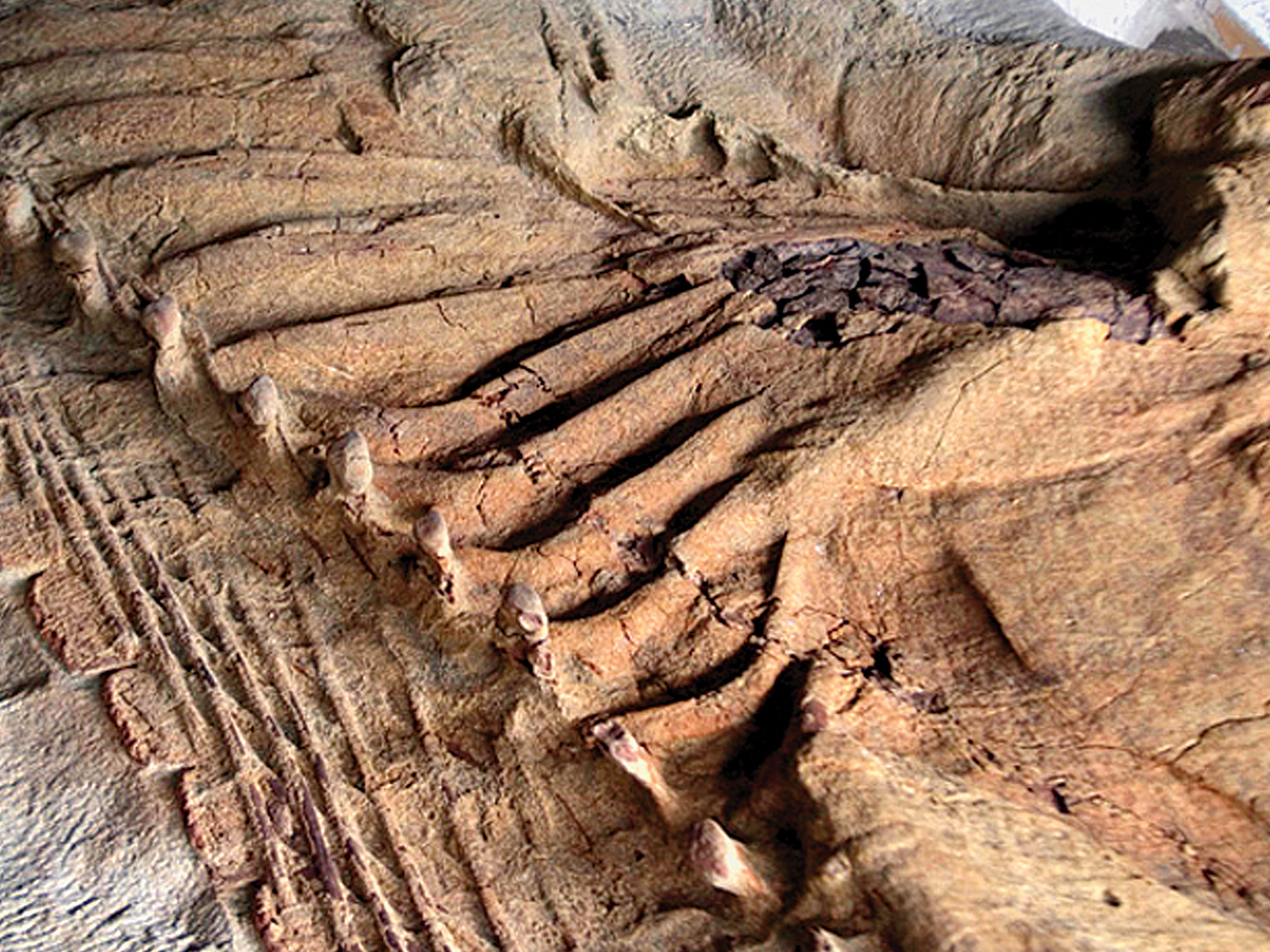Researchers recently published a study in the Journal of Studies on Alcohol and Drugs that found alcohol abuse among college students has been steadily increasing for about a decade, even while effective prevention strategies are simultaneously being developed.1 Concerned parties are seeking new interventions, but these strategies can only go so far with college students who live for fun.
Ralph Hingson, director of the National Institute on Alcohol Abuse and Alcoholism’s division of epidemiology and prevention research, said in a press release:
The fact that we're not making progress is very concerning. The irony is that during this same time period, our knowledge of what works as far as intervention in this age group has increased. That knowledge isn't yet being put into place.2
He suggested a collaborative effort between colleges, communities, lawmakers, and law enforcers to begin reversing this destructive trend on college campuses. These factors are certainly helpful, but may be inadequate for many students because the strategies considered within these programs consist of external constraints. Though important as extrinsic motivators to good behavior, there are undoubtedly key intrinsic motivating factors involved, some of which stem from the worldviews of the individuals participating in the destructive activities.
What is the appeal for alcohol abuse? It’s fun—or at least carries that assumption for some. Though it is perhaps common sense to most that young people drink largely in an effort to have a “good time,” studies also confirm it. For example, one study of college students found that “social-hedonic values and psychological consequences predicted actual alcohol consumption far better than did self-actualizing values and physical consequences, respectively.”3 Some researchers prefer the phrase “calculated hedonism” to “binge drinking.”4 Hedonism refers to living for pleasure.
Since college drinking is increasing, and intent to drink alcohol is linked to a hedonistic mindset, then why do some students think hedonistically and others less so? Here, there is an evolutionary rationale for engaging in such behavior. The religious mindset behind evolution is called humanism and is described in the Humanist Manifesto I. The primary tenet of humanism is that the universe was “not created.”5 And if there is no Creator or God to be accountable to for behavioral decisions, then tenet number eight would logically follow:
Religious Humanism considers the complete realization of human personality to be the end of man's life and seeks its development and fulfillment in the here and now.5
Drinking for fun certainly qualifies as finding fulfillment in the here and now. “Eat, drink, and be merry” has long been a mantra for hedonists, even before humanists formalized it into a component of naturalistic philosophy.
University faculties are populated with a preponderance of humanists,6 and they have contributed to the building of evolutionary worldviews in the college students they teach. This naturally leads to hedonism. With no God providing external moral requirements, there is less restraint needed in human behavioral choices.
But with a transcendent God who defines a clear line between good and evil, there is more potential for personal restraint—including restraint in drinking. Studies confirm a connection between religious belief and lower student alcohol consumption, such as one survey of 263 alcohol-using college students that found “that students with no religious affiliation reported significantly higher levels of drinking frequency and quantity.”7 Rather than a means of suppression, a student’s strong moral values and religious convictions can serve as a guide and protection against foolish or unhealthy behaviors. The Bible confirms that “the fear of the LORD is the beginning of wisdom,”8 and other Scriptures attest that self-control and moderation should be acts of respect, appropriate in view of God’s righteous judgment—as well as acts of worship and gratitude, appropriate in view of God’s gracious salvation.
A common moral and ethical code of conduct is necessary in order for a civilization to function. Evolution provides no basis for such a moral code, since it is founded on a nebulous and unproven biological imperative that can only lead to finding “fulfillment in the here and now.” Thus, in addition to forming robust external moral restraints in societies, families, and individuals, instilling God-fearing worldviews would aid the struggle to stem alcohol abuse on college campuses by giving students a solid reason to refrain.
References
- Hingson, W. R., W. Zha, and E. R. Weitzman. 2009. Magnitude of and Trends in Alcohol-Related Mortality and Morbidity Among U.S. College Students Ages 18-24, 1998-2005. Journal of Studies on Alcohol and Drugs, Supplement No. 16: 12-20.
- College drinking problems, deaths on the rise. Journal of Studies on Alcohol and Drugs press release, via EurekAlert!, June 15, 2009.
- Shim, S. and J. Maggs. 2005. A cognitive and behavioral hierarchical decision-making model of college students' alcohol consumption. Psychology and Marketing. 22 (8): 649-668.
- Szmigin, I. et al. 2008. Re-framing ‘binge drinking’ as calculated hedonism: Empirical evidence from the UK. The International Journal of Drug Policy. 19 (5): 359-366.
- Humanist Manifesto I. Posted on the American Humanist Association website at americanhumanist.org.
- One study reports that “only 10.0 percent [of professors] chose the statement, ‘I don’t believe in God,’ while 13.4 percent chose the statement, I don’t know whether there is a God, and I don’t believe there is any way to find out.’ About 23.4 percent of respondents to our survey, in other words, are either atheists or agnostics. This figure is much higher than for the U.S. population as a whole.” They also found that “psychology and biology have the highest proportion of atheists and agnostics, at about 61 percent.” Gross, N. and S. Simmons. 2007. How Religious are America’s College and University Professors? Essay Forum on the Religious Engagements of American Undergraduates. Posted on the Social Science Research Council website at religion.ssrc.org/reforum.
- Patock-Peckhan, J. A. et al. 1998. Effect of religion and religiosity on alcohol use in a college student sample. Drug and Alcohol Dependence. 49 (2): 81.
- Proverbs 9:10.
* Mr. Thomas is Science Writer at the Institute for Creation Research.
Article posted on June 30, 2009.













